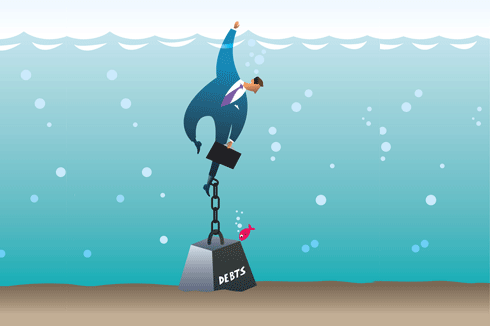How To Budget For A Year-End Vacation
 You need to start planning now if you want to have some money set aside for next year’s vacation. But how can you go about doing this without succumbing irrelevant purchases and overspending on lavish dinners? For some families, saving up money for a year-end vacation is a breeze. For others, it can be quite a challenge. In the following sections, we’ll provide you with a few key tips for helping you save money for your own year-end vacation.
You need to start planning now if you want to have some money set aside for next year’s vacation. But how can you go about doing this without succumbing irrelevant purchases and overspending on lavish dinners? For some families, saving up money for a year-end vacation is a breeze. For others, it can be quite a challenge. In the following sections, we’ll provide you with a few key tips for helping you save money for your own year-end vacation.
Set Your Sights on Your Destination
First and foremost, you have to stay committed to whatever saving process you decide to take. If you can’t then chances are good that you’re going to overspend in areas where you shouldn’t. One of the best ways to stay persistent is to remind yourself why you are saving. Post pictures of your travel destination on your computer desktop and talk about your plans with co-workers and friends. This will ultimately increase your motivation and help you stay focused when saving money.
Use Your Miles
If you are someone who travels a lot then you can use your miles to earn a free flight at the end of the year. Keep in mind that the amount of miles that you’ll need ranges from carrier to carrier and it also depends on where you are traveling to. In general, you can acquire free flights by accumulating anywhere between 10,000 and 30,000 miles. This can be a quick and simple step to take when you are trying to save money on a year-end vacation.
Start a “Travel Fund”
Not only is starting a “travel fund” a lot of fun but it can ultimately allow you to save up a lot of money in a relatively short amount of time. Take note that there are a few golden rules that you’ll want to follow when taking this route. The first is that you shouldn’t remove money from this fund unless it is an absolute emergency.
One tip that you could utilize is putting your money in a separate bank account where you won’t be able to see it on a daily basis. Secondly, try to put at least 10% of your monthly income into your travel fund. While it may not seem like a lot at first, this number can quickly add up and provide you with a hefty fund to utilize at the end of the year for your travels.
Noc likes to travel and start saving at the beginning of the year for a big trip and sometime uses Travel Advantage Network to create lifelong memories.
















